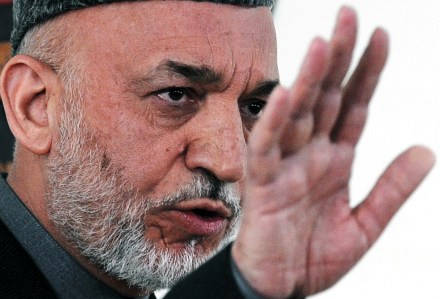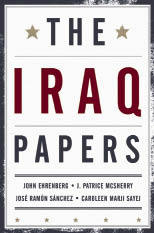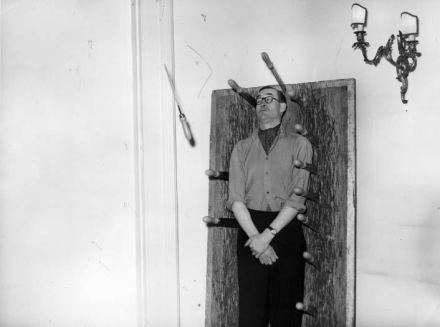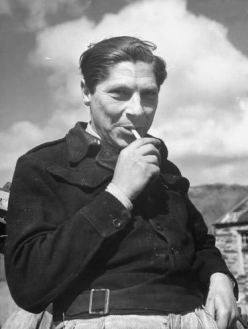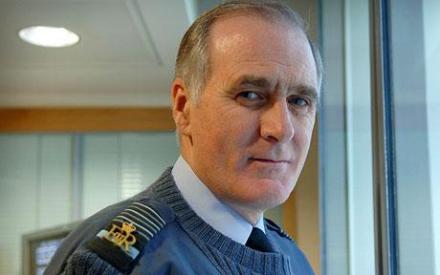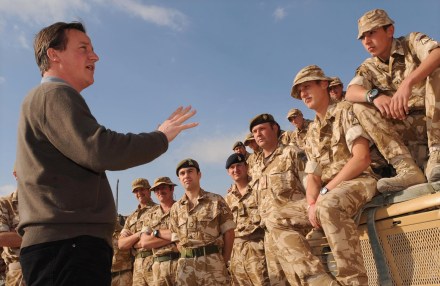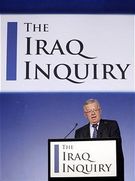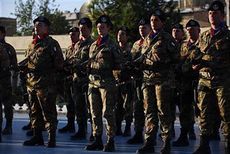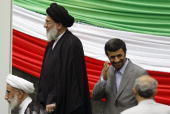How do you solve a problem like Karzai?
A few days after President Barack Obama flew to Kabul to look Hamid Karzai in the eye and demand that he combat corruption, drugs, crime and the influence of notorious warlords in his government, President Karzai has blamed foreigners, including UN and EU officials, for “very widespread” fraud during presidential and provincial elections last year. He is quoted as telling a meeting of election officials: “There was fraud in presidential and provincial council elections – no doubt that there was a very widespread fraud, very widespread … But Afghans did not do this fraud. The foreigners did this fraud.” As insane notions go this one is quite extraordinary – even
